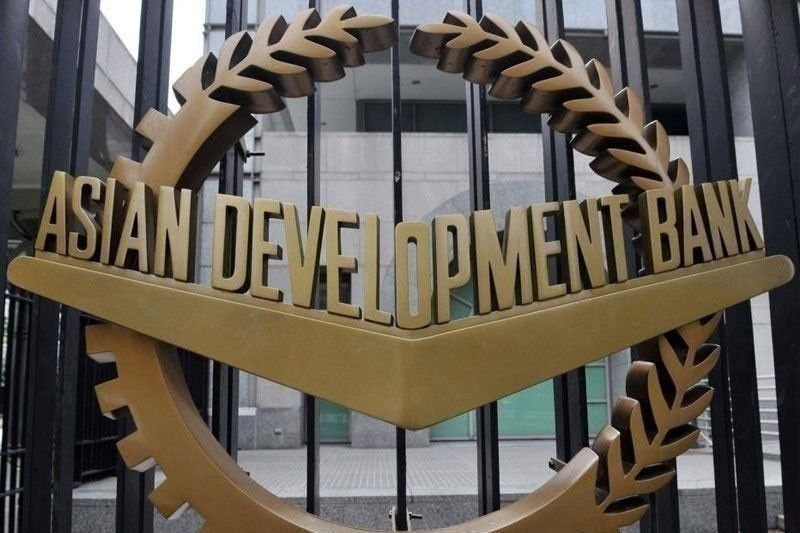Widening learning gap a problem, says ADB

MANILA, Philippines — As pandemic school closures worsened the educational divide in Asia including the Philippines, governments will need to focus on closing the learning gap and preparing for the next crisis, according to the Asian Development Bank (ADB).
In its latest blog, the multilateral institution said the pandemic, which forced students to shift to online learning in 2020, continues to disrupt education across the region, with some schools remaining closed.
“This has increased educational inequality in some parts of Asia and the Pacific and exacerbated existing challenges,” ADB senior statistician Stefan Schipper, consultant Lea Rotairo and writer Sean Crowley said.
The experts said many struggled to adapt to online learning when schools were closed at the height of the pandemic due to lack of resources and access to digital devices and internet connectivity, particularly in rural areas.
“This lack of digital connectivity and hardware to facilitate remote learning led to further exclusion from formal education for millions of young people,” the ADB said.
It also said the enrollment for boys and girls in 2020 decreased over the previous year in at least six countries in the region, based on data from ADB’s Basic Statistics 2022 publication.
In the Philippines, enrollment rate declined to 65.6 percent in 2020 from 86.3 percen in 2019.
When the data on participation in formal education is disaggregated by gender, the ADB found that in countries where there was a significant drop in enrollment rate from 2019 to 2020, girls were impacted more than boys.
“This gender gap should be considered by policymakers in the region seeking to lessen the impact of such events on school attendance,” the ADB said.
The multilateral institution also said countries in the region can learn from the surge in online schooling in China during the pandemic.
ADB said online learning in China in early 2020 shows how critical it is to have reliable networks and devices; quality online teaching platforms; as well as teachers, students and parents being prepared.
“Mainstreaming schooling that utilizes both online and offline learning and can rapidly transition between both may be a model worth emulating beyond the pandemic,” it said.
It also cited the need for support for countries which lag behind in terms of information communications technology and education technology adoption.
“These measures should enable those countries to cope better with teaching and learning during external shocks like the pandemic, especially for vulnerable and disadvantaged communities,” the ADB said.
- Latest
- Trending




























